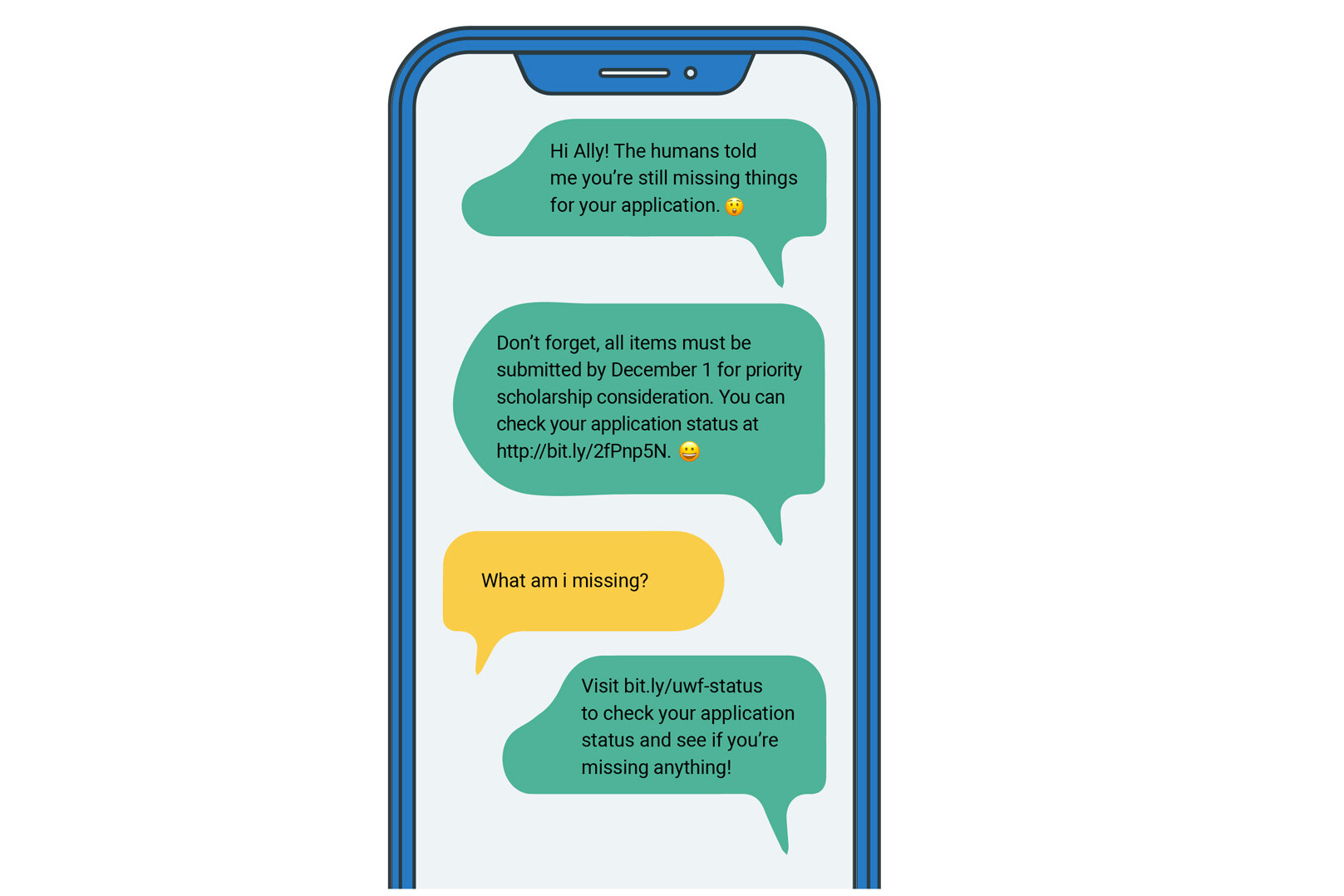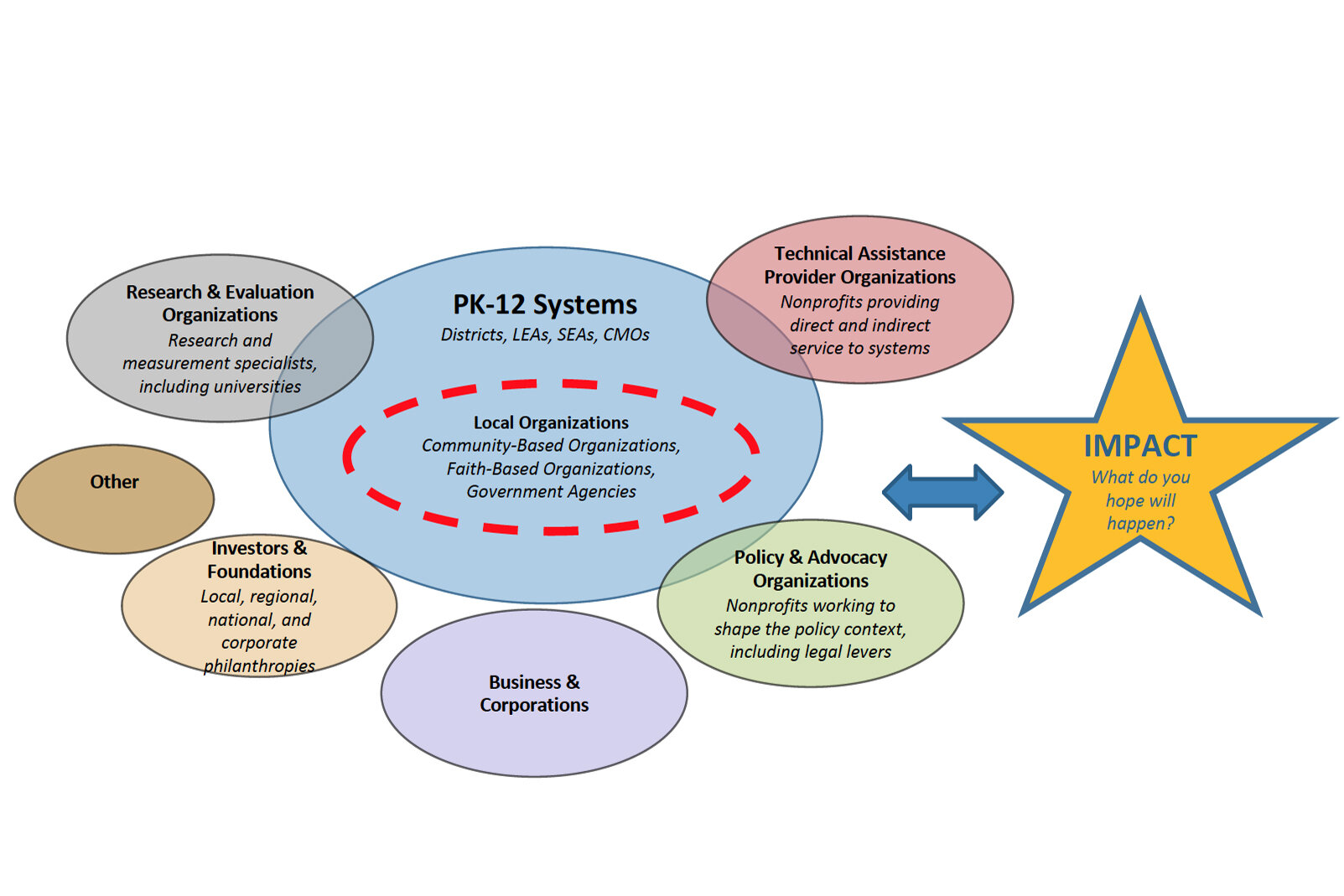College Attainment: A Right and a “Right-Fit” Approach for Underrepresented Students
College completion drives economic outcomes for Black and Latinx students in the US. Students from vulnerable communities can realize their college goals with “right fit” educational experiences. Lesley Poole, CEO, and Vincena Allen, Chief Growth Officer, of The SEED Foundation discuss their approach to ensuring college success for underrepresented students.
America’s Secret Weapon for Global Competitiveness is Diverse Tech Talent in the “Last Mile”
OPINION COMMENTARY:
As the United States falls behind other developed nations in building a workforce that fuels competitive innovation, Ruthe Farmer, founder and CEO of a non-profit fund focused on diversity and inclusion in tech proposes a plan with a high return on investment: low-income students in their last mile of earning a technical degree.
Teens, Social Media, and Mental Health: It’s Not As Clear Cut As You Think
OPINION COMMENTARY:
Emily Weinstein and Carrie James, researchers from Harvard’s Graduate School of Education, encourage parents and caregivers to assess when and why kids might be most vulnerable to social media – and how social media may also make teens feel connected and supported. Effective interventions require “tuning into the particular” and challenging assumptions.
Connection Over Content: A New Era for Education Technology
TECHNOLOGY INNOVATION IN SOCIAL IMPACT SERIES:
The education technology market is booming around the globe, with software tools aimed at organizing and delivering academic content dominating the market beyond hardware. Julia Freeland Fisher, Director of Education Research at the Clayton Christensen Institute, calls for the edtech market to refocus its purpose on providing connection, not just content.
A Three-Pronged Strategy in the Fight for Human Rights
HUMAN RIGHTS CRISES AND MOVEMENTS AROUND THE WORLD SERIES:
Matthew Smith, co-founder and Chief Executive Officer of Fortify Rights, discusses how their team of human rights defenders investigates, engages people with power, and strengthens community-based responses in the fight for human rights, focusing particularly on the genocide of the Rohingya in Myanmar. Smith underscores the role of Russia in supporting the military junta in Myanmar and the plight of children in the largest refugee settlement in the world -- the Rohingya camps near Cox’s Bazar in southeast Bangladesh.
Let’s Give Underserved Kids A Chance to Literally Invest in Their Future
OPINION COMMENTARY:
One driver of the wealth gap in America is that households of people of color are less likely to own stock. Anthony Mohr, a 2021 ALI Fellow, says we should give students real shares to cultivate their interest in investing and creating wealth.
Strengthening School Boards on the Front Lines of the Culture Wars
Polarized politics have infected local school boards, which have historically been nonpartisan. With school boards now on the front lines of the culture wars, Andrea Gabor outlines steps to strengthen school boards to function effectively given the mounting pressures facing them.
Baltimore City Schools’ Blueprint for Success
TRANSFORMING CITIES SERIES:
Baltimore City Schools (BCS) has adopted an ambitious agenda to transform the city’s schools. Dr. Sonja Santelises, CEO of Baltimore City Schools, discusses the pillars of BCS’s Blueprint for Success, her belief that excellence in urban education is possible at scale, and the importance of leadership for the adults and students in the school system and the community.
How Should States and Districts Spend Federal K-12 School Funding Relief Effectively and Equitably?
Thomas Toch, the director of FutureEd, discusses federal COVID-recovery relief for K-12 education, how states and districts can and should use the funds to address the needs of students effectively and equitably, and bold policy initiatives to address some of education’s most pressing problems.
Embracing a More Honest Reckoning with History — A Historian’s Perspective on Education, Battling the Culture Wars in Schools, and Liberation
A conversation with historian, teacher and activist, Professor Timothy Patrick McCarthy, on the importance of embracing an honest reckoning with history, battling the culture wars in schools, and liberation dreaming in order to realize our best aspirations and intentions for public education.
Beyond Prom Planning — Engaging Student Voice and Shifting Power in Kentucky to Improve Academic Achievement and Education Equity
Students spend upwards of thirty-five hours a week in a classroom and yet, they are rarely consulted when it comes to improving our schools. Andrew Brennen and Sanaa Kahloon discuss how this is changing as education stakeholders around the country tap into the power of student voice as a means both to bolster student achievement and to disrupt long-standing inequities.
The Slippery Policy Implications of Soapsuds
OPINION COMMENTARY:
Bob Levey provides a personal perspective on how individual institutions and organizations must also wrestle with the complex problem of homelessness within their own communities.
Hope for a Brighter Future for Education and Equity
THE FIRST 100 DAYS OF THE BIDEN-HARRIS ADMINISTRATION SERIES:
A conversation with John B. King, former Secretary of Education and President and CEO of The Education Trust, on the Biden/Harris administration's first 100 days in the education domain.
A Pathway to Opportunity for Low-Wage Workers
A conversation with social entrepreneurs Rebecca Taber Staehelin and Connor Diemand-Yauman, the Co-Founders and Co-CEOs of Merit America — who seek to change the workforce on-ramp.
Insights on Leading Education During the COVID-19 Pandemic
A conversation with Harvard Graduate School of Education Professor Fernando M. Reimers on successful innovations and positive strategies employed by education leaders during the COVID-19 pandemic.
The Social Impact of UMBC: A Journey Over Three Decades
Reflecting on three decades of social impact work on the University of Maryland Baltimore Country campus and in the community, President Freeman Hrabowski, Peter Henderson, and Anthony Lane recognize the wide-ranging benefits of this engaged, solutions-oriented approach to education and community building.
Young People Leading the Way to Find Light in the Darkness of the Global Pandemic
COVID-19 RECOVERY SERIES:
While acknowledging the profound impact of the COVID-19 pandemic on young people, educators, non-profit leaders, mental health experts, young people, and education researchers share stories of hope, strength, and resilience from the work children are doing to lead the way to recovery in communities around the world.
Using Artificial Intelligence to Navigate the New Challenges of College and Career
Even before the outbreak of COVID-19, the path to economic opportunity in the United States has become less clear as workers’ careers have taken increasingly non-traditional routes. Mike Meotti and Drew Magliozzi paint a compelling portrait of how technology can carve new tracks and create new ways of working.
A New PK-12 Education Ecosystem Framework for a New Normal
The crisis of COVID-19, the resulting economic downturn, and the racial reckoning the country is now experiencing have made the need for equitable, high-quality education even more urgent. Author Irvin Scott’s model for the Education Ecosystem illuminates news ways of working.
McConnell and Pelosi Are Talking to Each Other Again -- What Might That Mean for Schools? What Should It Mean for Schools?
Harvard ALI Fellow, Julie Allen, argues in this OpEd that federal education aid for schools, without aid for state and local governments, would be ineffective given the three-level system of education funding in the U.S.




















